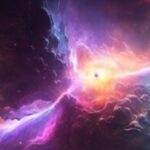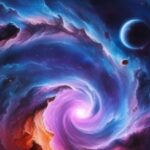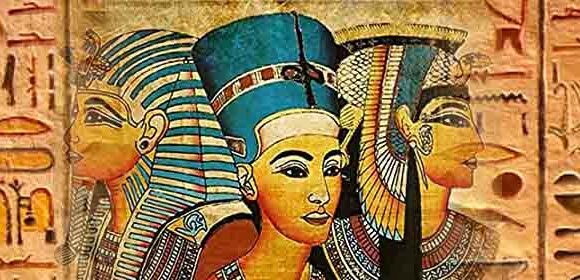For decades, the search for extraterrestrial life has been driven by one core assumption: that we are likely not alone. Given the sheer scale of the cosmos – with its hundreds of billions of galaxies, each filled with billions of stars and potentially trillions of planets – it seems almost inevitable that life must have emerged elsewhere. But what if this assumption is wrong? What if we are not just early, but the first?
It’s a possibility that carries enormous scientific, philosophical, and spiritual weight – perhaps even more so than the discovery of intelligent life elsewhere. Because if we are the first, then the silence of the stars isn’t a mystery to solve. It’s an invitation. A responsibility. A warning.
The Weight of the First Spark
If humanity represents the first emergence of intelligent life, we are the universe’s first conscious eyes, first voice, first dreamer. Our stories, our music, our mathematics and meditations would be unprecedented in cosmic history – the beginning of something entirely new in a vast and ancient universe.
This idea is not outside the realm of science. Some cosmologists argue that conditions for life may only just now be maturing across the universe. It took billions of years for stars to produce the heavier elements required for planets and life as we know it. The Chemical Delay Hypothesis suggests that only now are we entering a “biologically fertile” phase in cosmic history. In this view, intelligent life might still be rare – not because it failed, but because it hasn’t had time yet to succeed.
This means Earth may not be special because of divine selection or random luck, but because it hit the cosmic jackpot early. In a universe still waking up, we might be the first flicker of awareness in the darkness.
The Solitude of Pioneers
The idea of being first brings with it a unique form of cosmic loneliness. There are no older civilizations to guide us. No alien wisdom to consult. No advanced societies sending messages or warnings. Only silence.
And this silence becomes something more profound than an unanswered question – it becomes a kind of existential isolation. We are the children of the stars, but we have no older siblings. In this solitude, we are forced to ask: What is the meaning of life, if we are the only ones to give it meaning?
Such isolation may feel unbearable – but it also grants us a rare kind of cosmic agency. If we are the first, then what we do matters in ways we’ve barely imagined. We are not simply telling our story – we may be shaping the first chapter of the universe’s own story of consciousness.
Creation Without a Creator?
Religious and spiritual traditions often frame humanity as the intended product of a divine creation. But if we are the first intelligent life to arise anywhere, it casts that idea in a new light. Perhaps we are not the final act of a cosmic drama, but the opening scene.
For some, this possibility might seem bleak. A godless, empty universe, waiting passively for minds to emerge. But others may see it differently – not as a rejection of spirituality, but as a sacred opportunity.
If the universe has given rise to a being capable of love, art, and reflection, then those qualities become holy by their rarity. We are the universe’s chance to know itself, to feel, to care. In this sense, we are creation’s purpose – not because we were chosen, but because we are first.
The Responsibility of Being First
Being first also brings with it an overwhelming moral and existential burden. If we are the only – or the first – intelligent species in the universe, then our actions carry cosmic weight. Our choices do not affect only our species or our planet, but the future potential of all intelligence.
If we destroy ourselves through war, climate collapse, or reckless technology, it won’t just be a human tragedy – it could be a universal one. We would be extinguishing the first – and possibly only – flame of consciousness the cosmos has kindled.
This perspective reframes human progress. The drive to explore, to expand, to protect life, becomes not just about survival, but about preserving the cosmic experiment we represent.
We are no longer just a species. We are a prototype.
Hope in the Silence
Paradoxically, the idea that we are alone right now can be a source of hope, not despair. Because if life can arise once, it can arise again. If we can survive and flourish, we might not remain alone forever. We might be the ancestors that one day distant civilizations – arising millions of years from now – look back on with reverence.
We often wonder what it would be like to meet older, wiser alien beings. But perhaps we are meant to be them – for others.
Just as ancient humans painted on cave walls, unknowingly creating a legacy that would echo for millennia, we may be etching the first markings of conscious life into the cosmos. It may take eons for our signals, stories, or even our descendants to reach other shores – but in the silence, we plant seeds.
The First Word in a Long Conversation
If we are the first, then we are the first word in what could become a long cosmic conversation. It is a daunting role, but also a beautiful one. We are not insignificant because we are alone – we are profound because we are here at all.
And in the stillness of space, where no one yet answers, we might listen to our own voice echoing back – not as a sign of absence, but as the beginning of something extraordinary.








